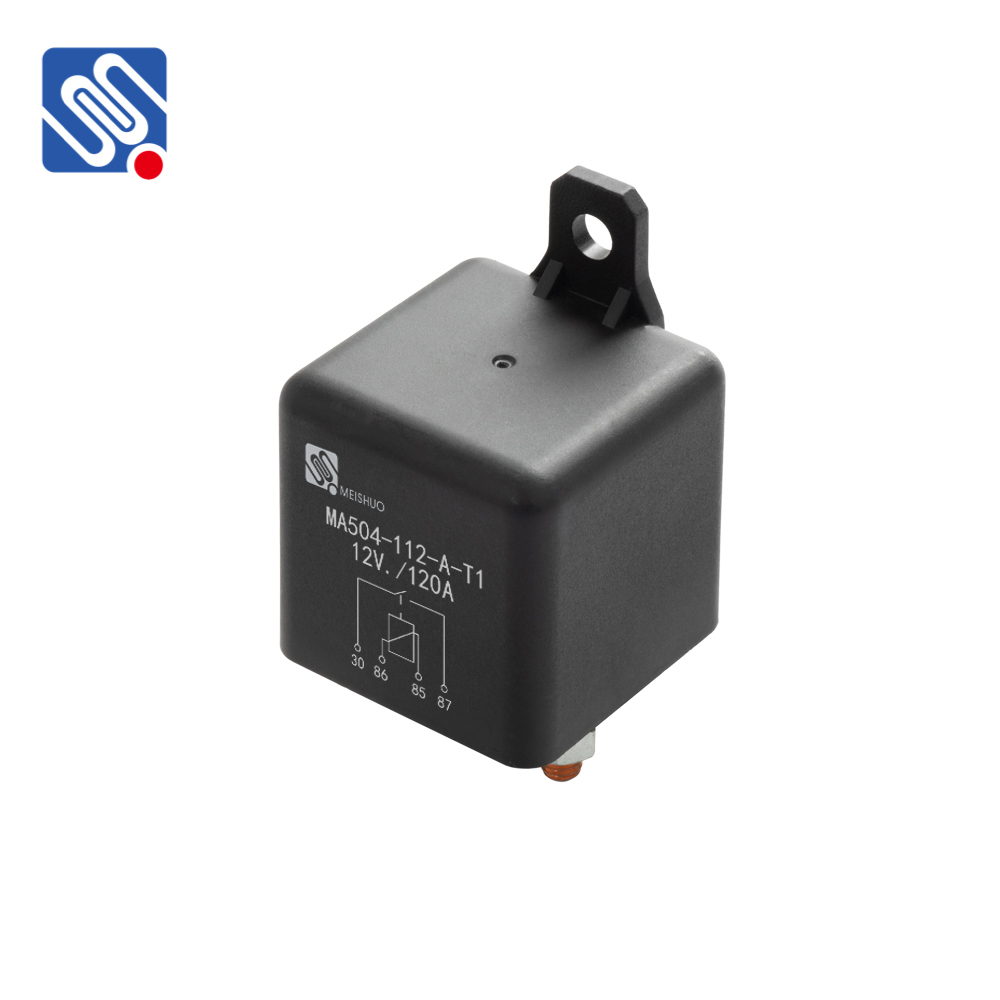the importance of relay isolation in electrical systems: a focus on meishuo technology
Release time:2025-05-11 07:17:04
Relay isolation plays a critical role in modern electrical systems by providing a layer of protection between control circuits and high-power systems. It ensures that delicate control circuits are not damaged by the high voltages or currents from the power side, making it an essential component in various applications, from industrial automation to automotive systems. In this article, we will explore the significance of relay isolation and highlight the contribution of Meishuo, a company at the forefront of developing reliable and innovative relay isolation solutions.

What is Relay Isolation? Relay isolation refers to the separation between the low-power control circuit and the high-power load circuit in an electrical system. The purpose of this isolation is to prevent electrical interference, voltage spikes, or faults in the load side from reaching the sensitive control side. It helps maintain the integrity of control systems and ensures that operators and equipment remain safe. In practice, relays with isolation capabilities are used to isolate sensitive components from high voltage or current. These relays act as switches, enabling or disabling the flow of electricity to various parts of the system, but they also prevent direct electrical contact between circuits of different power levels. This isolation is typically achieved through physical components like transformers, opto-isolators, or mechanical relay contacts.

